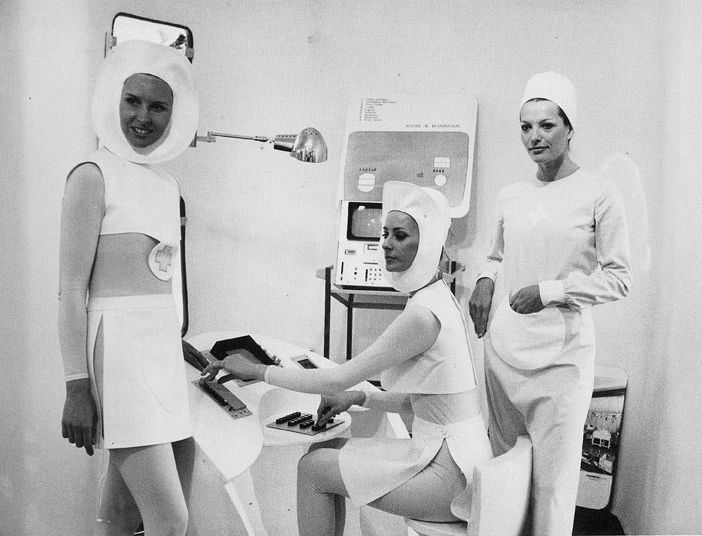If we’re talking “ever,” then of course diagnostics and other key medical functions will be revolutionized by computer hardware, which continues to grow smaller, faster and cheaper. But will it be later than sooner? Measurement and maintenance of biological functions are much more challenging tasks to perform than simply using a smartphone to order an Uber or burger.
In a FT blog post, Andrew McAfee addresses concerns that the health sector is being left behind in the Digital Age. An excerpt:
All the gear packed into most modern phones — compasses, accelerometers, gyroscopes, thermometers, WiFi and cellular antennas, and so on — have been getting better, smaller and cheaper at a rate that makes Moore’s Law look pokey by comparison. It’s easy to conclude that this is just what happens when the protean properties of silicon are brought to bear on an industry.
At a private event I attended recently, however, the CEO of a global pharmaceutical company said that sensors for healthcare were not improving quickly enough, and that we don’t yet have the gear we need for next-generation diagnosis and monitoring. The current turmoil at the US blood diagnostics start-up Theranos seems to support this view. A damning expose in the Wall Street Journal revealed (and Theranos has confirmed) that the company uses industry-standard machines instead of its own equipment for most of the blood work it performs, and that its proprietary methods have so far only been approved by the US Food and Drug Administration for a single test.
So will the sensor revolution skip healthcare? Will our bodies not ever be brought into the “internet of things”? I think the answer to these questions is “no.” We’ll get great gear in this area, but it might take a while.•
Tags: Andrew McAfee

